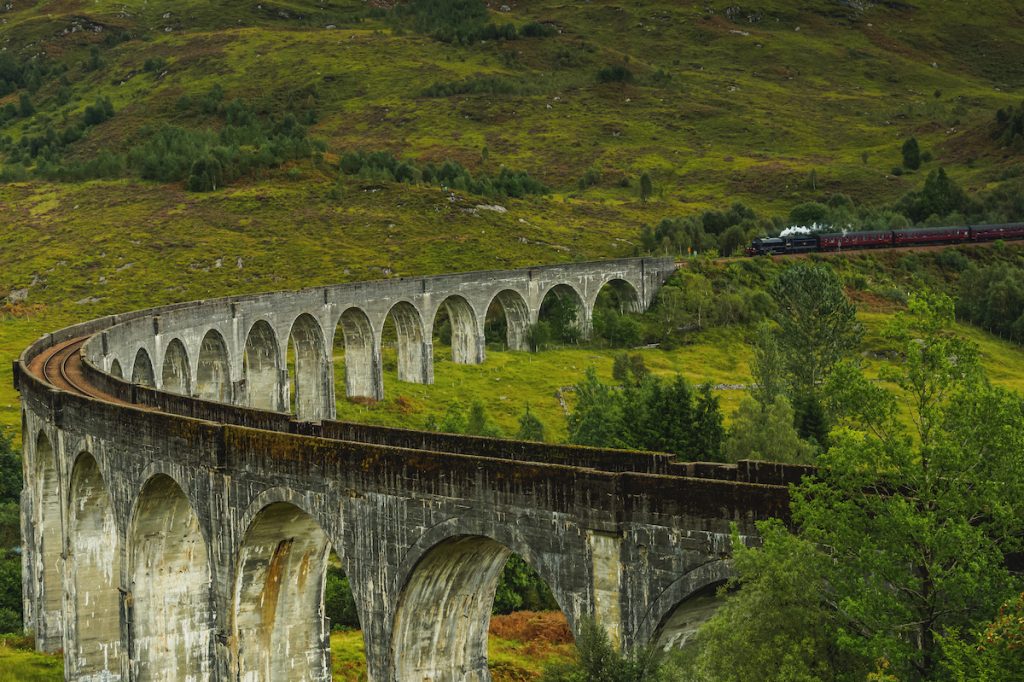It’s hard to write a post that doesn’t include the United States, but we’ll give it a try. Most things have already been said about it, even though it’s only been days since the storming of the Capitol. So, let’s just summarize it to the fact that we adapt, as usual. Four years ago, no one could have imagined that this would happen. Today it is appalling, but still not entirely unexpected.
Let’s talk about the pandemic instead. Nobody writes about Covid-19 nowadays, right? … or yes, they do. Let’s skip that too and just note that this seems to be the time when many politicians feel that it’s a great time to take cheap points by criticizing each other regardless of how well they are following the recommendations themselves.
Most of us stayed at home during the Christmas holidays after all and followed the recommendations as best we could. Some went to the mountains. Can we stay there for a while, just because it’s so breathtaking? Just a couple of years ago, the Swedish government invested a quarter of a billion kronor in a new airport at Mobergskölen in Sälen in the Swedish mountains. An airport that is. Not a railway. Does that feel reasonably? No, of course not, but come on, it’s a couple of years ago. It obviously felt totally reasonable then.
What felt reasonable a couple of years ago is already hopeless out of fashion now
Just as it felt relevant for Vattenfall to buy the coal power plant in Moorburg in Germany not so long ago or for Preem to invest large sums of money in a new heavy oil refinery in Lysekil (which they managed to pull out of at the last minute), the Swedish government figured that an airport was the most reasonable investment. Isn’t this a very clear sign of how fast the transformation is going right now?
Erik Huss asked a question the other day whether we have finally reached a social tipping point when it comes to awareness of the climate crisis. He based the question on a report by the European Investment Bank (EIB) on people’s attitudes to the climate crisis. It is interesting that it is the EIB that made the report, because if there is any sector that can make a big difference in awareness and action, it is investors and banks. Where is it most reasonable to invest, today and tomorrow?
Until 1969, there was a railway to Sälen. Then it felt reasonable to tear it up. Now, we might get a new one. About time! Or, is it too late? Should we invest in a hyperloop instead? In a couple of years, an ordinary train may very well feel like a hopeless investment.
We simply have to realize that the transition is fast, and that it will never be this slow again.

